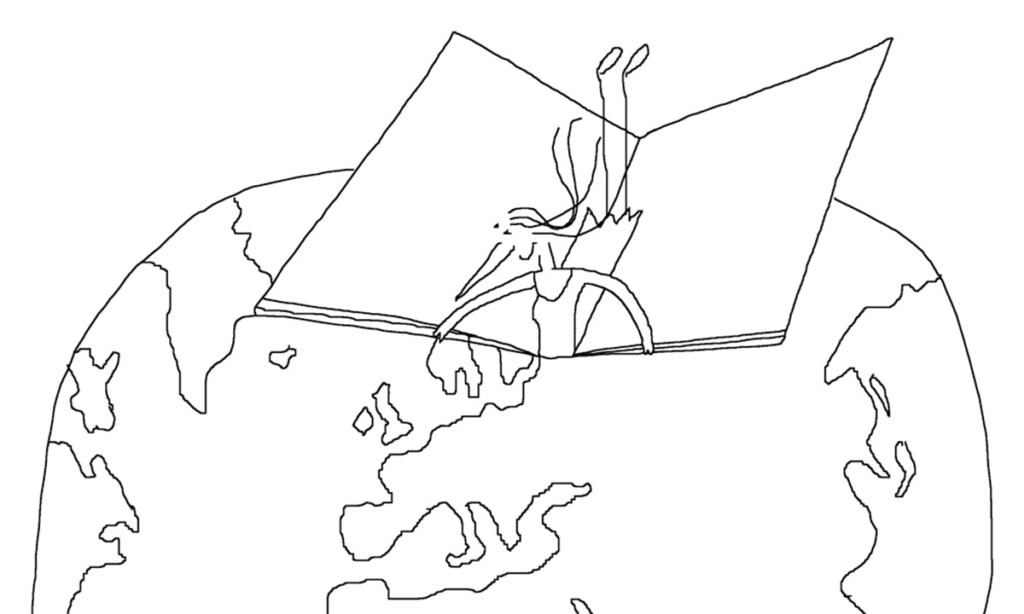Summer sun causes fading sales as print slumps
In news that will come as a surprise to anyone who hasn’t been on the internet, read a paper or engaged with the outside world so far this year, this summer hasn’t been great for print books, with Nielsen Soundscan reporting that sales for August 2011 hit a seven year low. Things got so bad, shops literally couldn’t give books away/have them taken from them by force (maybe the riots had something to do with the lack of empathy engendered by not reading fiction).
It wasn’t just bookshops that suffered either: sales of fiction in supermarkets fell by a huge 12% from August 2010. This, coupled with a slight rise of 3% from 2010 in non-fiction print titles, suggests that the so-called ‘summer of the Kindle’ is having the largest immediate cultural impact on holiday reading (which is one of its greatest selling points, of course: why clog up luggage with five or six paperbacks when you can slip a single Kindle in your carry-on?).
Worth noting, too, that the immediate opportunity to download any available e-book at any time via the Kindle 3G has probably impacted the sales volume of the top-selling novels: the decline in sales figures doesn’t mean that people are reading less; just that there is less impetus than ever for the reading public to throw its weight behind a few select titles towards which it’s being directed by marketing campaigns within the confines of bookshops. More choice means fewer copies sold of more books means less impressive sales figures for the top ten.
For an illustrative example of this, look no further than the work of George R. R. Martin. Already a hugely popular author within the fantasy genre, Martin is currently experiencing a further surge in sales thanks to the critical and popular success of Game of Thrones, the TV adaptation of his A Song of Ice and Fire novels (I had a cab driver telling me at length the other night about how much more sense the TV show made once he’d read the books).
None of Martin’s books made the list of the summer’s ten bestselling novels; not even the eagerly anticipated, newly published A Dance With Dragons. Martin, however, is listed as the summer’s second-biggest selling author, shifting £1 million worth of his novels, second only to the £1.4 million brought in by David Nicholls (another author experiencing the boost of an adaptation that’s currently in the zeitgeist). That £1 million, though, is spread over at least the five books of A Song of Ice and Fire, and maybe even his five other novels, rather than one market-conquering title.
So the outlook maybe isn’t as bleak as all that. People are, in fact, still buying books. The real test in this ongoing culture war of print vs. digital will be the imminent drawing in of the nights and the approach of Christmas. Let’s see if anyone wants to curl up in front of a roaring fire with a cup of hot chocolate and their Kindle.





